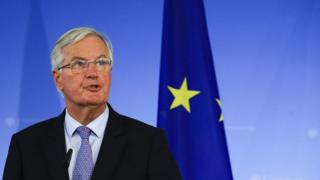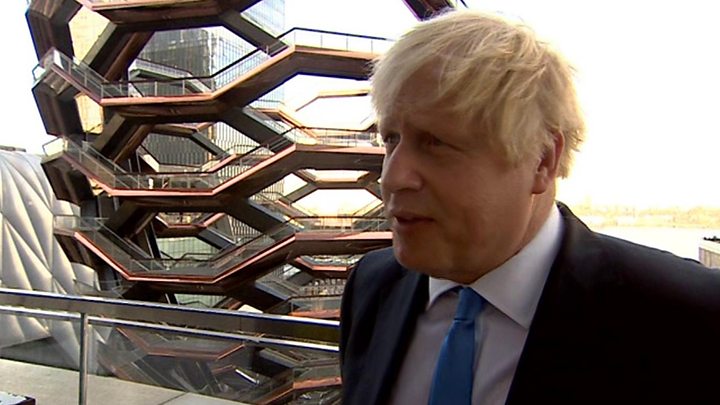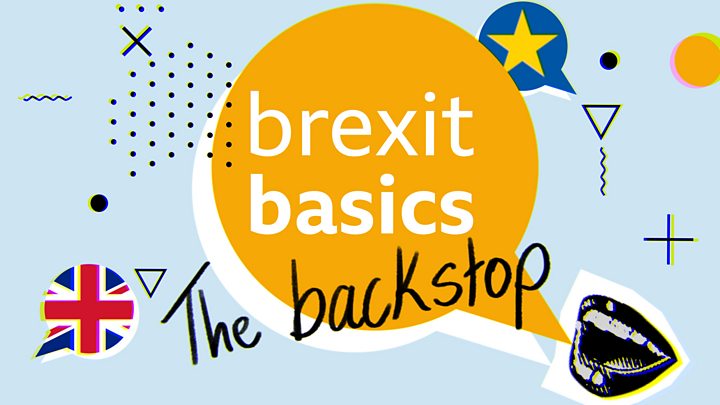What impact will ruling have on Brexit talks?
The Supreme Court ruling that the prime minister’s suspension of parliament was void and his advice to the Queen unlawful, raises all sorts of questions for the EU – will their Brexit negotiating partner Boris Johnson stay in his job? When might the UK hold a general election?
Privately the court ruling has been described to me by EU sources as “an embarrassment” and “a humiliation” for Boris Johnson but this isn’t the first time the EU has found itself faced with similar questions about possibly imminent elections and Mr Johnson’s longevity as prime minister.
Yet then, as now, the EU has taken the decision to put its metaphorical hands over its metaphorical ears in an attempt to block out the noise.
Why? Because EU leaders view the Supreme Court ruling and what follows next in the UK as an unpredictable domestic political affair. They regard themselves as onlookers to that drama – which is why German Chancellor Angela Merkel and French President Emmanuel Macron have stayed silent, and why the European Commission refused to comment on the ruling on Tuesday, however hard UK journalists pushed.
Brussels prefers to focus on where it can play a part – negotiations. And there, in the short term at least, Tuesday’s ruling changes little. EU leaders still want a Brexit deal and, under EU law, their negotiating partner is Her Majesty’s government, still headed by Boris Johnson.
EU-UK technical talks are pressing ahead on Wednesday in Brussels, regardless of what might be going on in a parallel universe in London, when MPs are reunited with the prime minister in Parliament.
But is the Supreme Court ruling a demotivating factor for the EU in engaging with the Johnson government?
In fact, EU politicians say the most demotivating factor for them is the lack of a guarantee that the majority of MPs would definitely approve a new Brexit deal, even if they made big compromises.
But, although EU leaders says they are “open” to another Brexit extension, such is the impatience with the more than three-year-long Brexit debate, they would love to agree a new deal with Boris Johnson by mid-October as he hopes to do.
And yet, scepticism is rife in Brussels.
One diplomat from a country traditionally very close to the UK told me: “The prospects of an October deal already weren’t good. They’re now complicated further by UK domestic issues. Time, as we always say, is running out.”
EU diplomats argue that the current UK ideas on how to replace the Irish backstop in a new Brexit deal may be a start. But as the EU’s chief Brexit negotiator, Michel Barnier, said on Tuesday in Berlin, in EU eyes the UK proposals fall far short of the “technically detailed, legally operable, concrete solutions” they are calling for.
Pushback from journalists and/or the UK government that the EU needs to compromise, too, is rejected at this stage in Brussels.
The stock reply is that before anyone in the EU thinks of compromise, they need realistic UK proposals to negotiate over.
As for assertions by UK Foreign Secretary Dominic Raab and others that the EU always blinks at five minutes to midnight, EU contacts say this shows a misunderstanding of how the EU works.
One EU diplomat from a small member state commented to me: “We only compromise when that compromise doesn’t cause us great harm.”
Brussels believes it couldn’t protect the single market, the Northern Ireland peace process or EU member state Ireland if it agreed to current UK proposals on how to replace the backstop.
And EU sources claim the two sides are still too far apart for it to make sense to “go into a tunnel” of intense negotiations with a media blackout at this stage.
EU governments admit that a new Brexit extension would be likely to take the pressure off both sides to make the compromises necessary to agree a new deal.
However, the bottom line is that Europe’s leaders are unsure whether Boris Johnson would be willing to make Brexit compromises anyway, if he knows that he’s heading into a general election.
Source: Read Full Article





